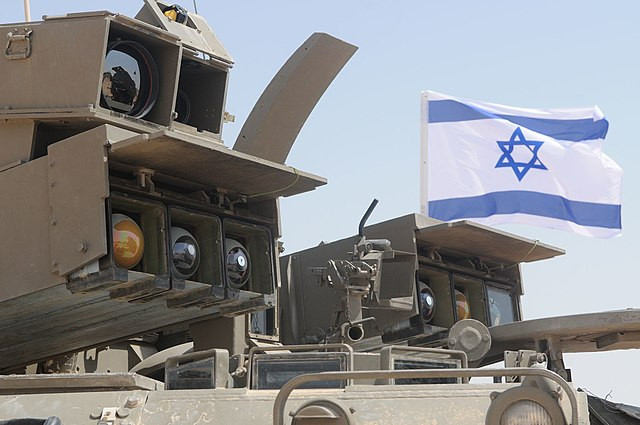In a forceful televised address on Monday, Hezbollah leader Naim Qassem unequivocally rejected the possibility of extending the Israeli military's withdrawal from southern Lebanon, as stipulated in a prior ceasefire agreement. Qassem declared, "What comes after the period given for Israel's withdrawal? Israel has to withdraw because the 60 days are over. We do not accept any justification to extend for one moment or one day."
The ceasefire agreement, originally brokered to halt hostilities between Hezbollah and Israel, mandated a full Israeli withdrawal within 60 days. However, Israel announced on Friday that its forces would not meet the deadline, citing alleged failures by Lebanon to fulfill certain terms of the agreement. The United States later confirmed an extension of the withdrawal deadline to February 18, a decision Lebanese officials reluctantly accepted during discussions with U.S. representatives.
While Lebanese caretaker Prime Minister Najib Mikati expressed a willingness to adhere to the updated terms of the ceasefire agreement, he called for international pressure to end what he described as Israel's "repeated violations." According to reports, Mikati's discussions with U.S. Ambassador Lisa Johnson emphasized the importance of ensuring a complete Israeli withdrawal within the revised timeframe.
Qassem, however, struck a defiant tone, holding the U.S., the United Nations, and France responsible for the repercussions of the withdrawal delay. "Any repercussions of the withdrawal's delay will be the responsibility of the U.N., the U.S., France, and the Israeli entity," he stated. Qassem also reiterated Hezbollah's right to respond as it sees fit to what the group considers continued occupation.
Tensions have been exacerbated by violence in southern Lebanon, where Israeli forces reportedly killed at least 24 individuals and injured 141 others on Sunday and Monday. Many of the casualties occurred as displaced Lebanese citizens attempted to return to their homes, defying Israeli military orders. The Lebanese Health Ministry confirmed the figures, describing the situation as dire.
Qassem also criticized Lebanon's political leadership for what he called their failure to protect the nation's sovereignty. He accused President Joseph Aoun and other officials of offering concessions to Israel and failing to stand firm during periods of Israeli aggression. "Does the U.S. expect to find someone in Lebanon who will accept continued Israeli attacks? That won't happen," he said.
Amid rising tensions, Qassem alleged that Israel had violated the ceasefire agreement over 1,300 times, citing these breaches as evidence of the agreement's fragility and the need for Lebanon to maintain its "resistance." He added, "The Americans sponsor Israeli crimes and fail to fulfill their role."
The withdrawal dispute has further strained the volatile region, with Hezbollah accusing Israel of orchestrating the recent assassination of one of its commanders, Mohammad Hamadi. Hamadi was killed in his apartment last week, and Qassem called the attack a "treacherous" act. "Treacherous hands assassinated Mohammad Hamadi, and investigations are ongoing, but attention is focused on the Zionists. We're examining the significant breaches to draw lessons," Qassem said.
Despite these accusations, Qassem sought to project confidence, asserting that Hezbollah remains strong and committed to its mission. "We won because we returned, and Israel will withdraw against its will," he stated. He emphasized that Hezbollah forces continue to maintain a presence in southern Lebanon, despite the group's decision to refrain from retaliatory actions during the ceasefire period.




